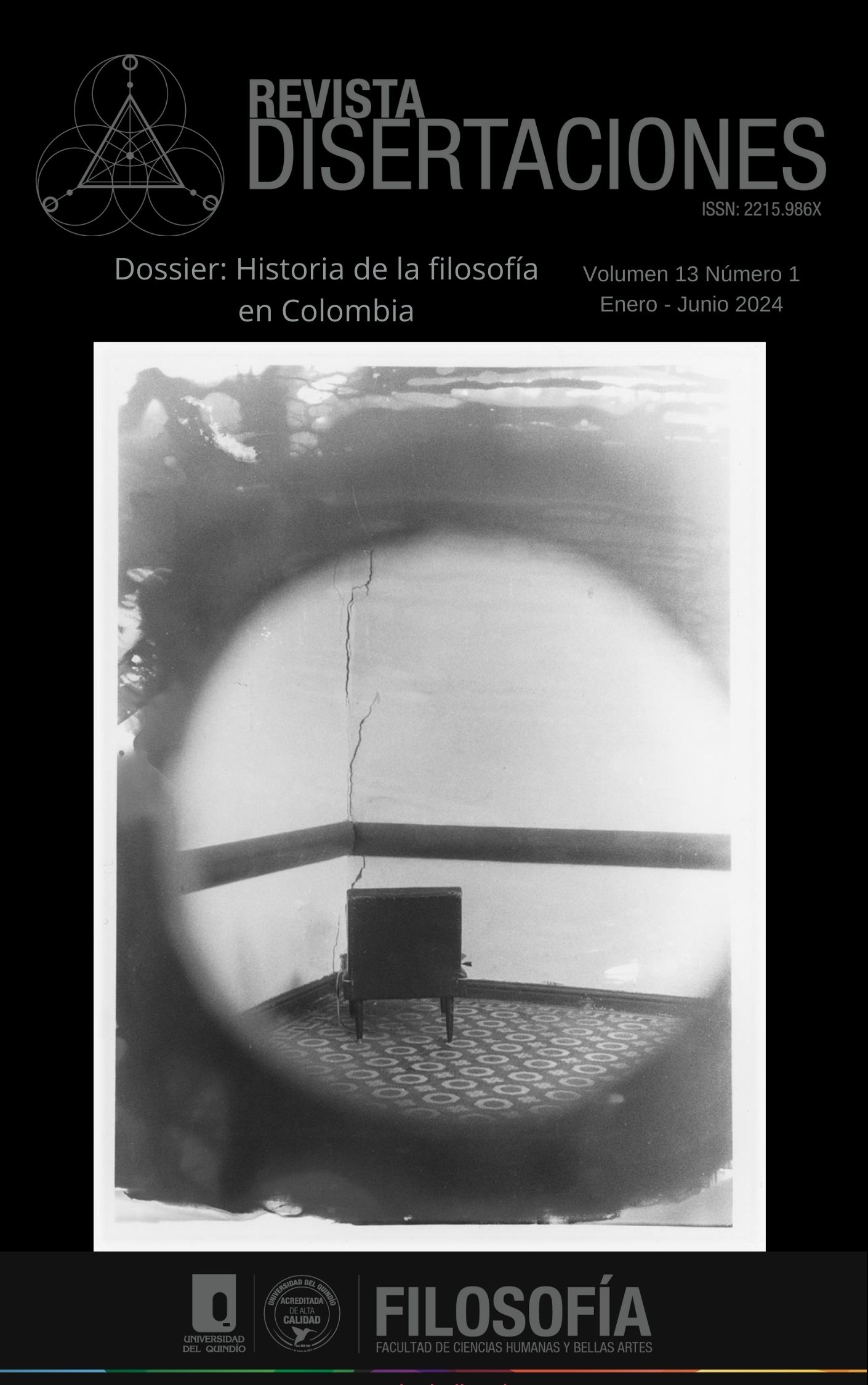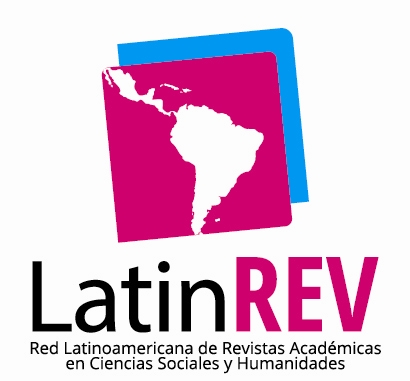Life is Power and the exercise of Power
José Eusebio Caro and his Personal Appropriation of Schopenhauer's Philosophy
DOI:
https://doi.org/10.33975/disuq.vol13n1.1348Keywords:
Colombian Philosophy, José Eusebio Caro, Kant, StandardizationAbstract
Despite being a prominent figure in 19th-century Colombia, the philosophy of José Eusebio Caro (1817-1853) has not been the subject of extensive academic research. Existing studies primarily focus on his political writings, his early work Mecánica social or his anthropology and influences. However, Andrade González's article (1967) stands out for suggesting, without evidence, that Caro was acquainted with Schopenhauer's philosophy during his exile in New York. This article aims to extend that suggestion by asserting that Caro not only could have been the first Colombian philosopher to personally appropriate Arthur Schopenhauer's philosophy (1788-1860) but also might have been the first to gain access to the German philosopher's works. Despite the absence of direct textual evidence, it is argued that numerous indirect and contextual textual clues support this assertion. The first part of this article analyzes these textual clues, focusing on the similarities and differences in the concept of "life" presented in Schopenhauer's The World as Will and Representation and Caro's Meditations on the Science of Good and Evil. The second part examines contextual evidence, considering Caro's likely access to the Westminster Review and American editions of Schopenhauer's works. The conclusion suggests that Caro's appropriation of Schopenhauer's philosophy has significant implications for the history of philosophy in Colombia, challenging several normalizing postulates that have shaped the narrative of said history.
References
Andrade González, Gerardo. “El Pensamiento filosófico de José Eusebio Caro”, Boletín Cultural y Bibliográfico 10/12 (1967): 39-44. Recuperado de: https://publicaciones.banrepcultural.org/index.php/boletin_cultural/article/view/4085
Cacua Prada, Antonio. Fundadores del Partido conservador. Bogotá: Fundación Fondo de Publicaciones Universidad Sergio Arboleda, 1999.
Caro, José Eusebio. Escritos filosóficos. Bogotá: Biblioteca de Autores Colombianos, 1954.
Gélvez Higuera, Carlos Rubén. “El positivismo de José Eusebio Caro en la Mecánica social: un viejo error en la historiografía colombiana”, Anuario Colombiano de Historia Social y de La Cultura 1/44 (2017): 259–277. Recuperado de: https://doi.org/10.15446/achsc.v44n1.61227
Gélvez Higuera, Carlos Rubén. “La teoría de la voluntad de José Eusebio Caro: el concepto de hombre en el pensamiento colombiano del siglo XIX y su relación con la filosofía liberal francesa”, Universitas Philosophica 75/37 (2020): 123-149. Recuperado de: https://revistas.javeriana.edu.co/files-articulos/UPH/37 75(2020)/409571292005/index.html
Jaramillo Uribe, Jaime. “La ética en la obra filosófica de José Eusebio Caro. Ideas y Valores 11-12/3 (1954): 43-59. Recuperado de: https://repositorio.unal.edu.co/bitstream/handle/unal/41199/30451-110215-1-PB.pdf?sequence=1&isAllowed=y
Jaramillo Uribe, Jaime. Pensamiento colombiano en el siglo XIX. Bogotá: Planeta, 1997.
López, Carlos Arturo. El terreno común de la escritura. Bogotá: Editorial Pontificia Universidad Javeriana, 2018.
Herrera Restrepo, Daniel. La filosofía en Colombia bibliografía 1627 – 1973. Cali: Universidad del Valle, 1975. Recuperado de: https://archive.org/details/LaFilosofiaEnColombiaBibliografia16271973DanielHerrera/page/n1/mode/2up
Kant, Emmanuel. Crítica de la razón pura. Madrid: Alfaguara, 1988.
Magee, Bryan. The Philosophy of Schopenhauer. Nueva York: Oxford University Press, 1997.
Schopenhauer, Arturo. El mundo como voluntad y representación. México: Editorial Porrúa, 1987.
Vargas Arbeláez, Esther Juliana. José Eusebio Caro y el positivismo en Colombia. Cuadernos de filosofía latinoamericana 29/98 (2008): 23-32. Recuperado de: https://eds.p.ebscohost.com/eds/detail/detail?vid=6&sid=f6932c70-6d15-40d9-94b8-57d7e734fa9b%40redis&bdata=JkF1dGhUeXBlPXNzbyZsYW5nPWVzJnNpdGU9ZWRzLWxpdmUmc2NvcGU9c2l0ZQ%3d%3d#db=asn&AN=43749378
Vargas Guillén, Germán. La nacionalidad como intencionalidad (en Mecánica social, 2002). Bogotá: Instituto Caro y Cuervo, 2002.

Downloads
Published
How to Cite
Issue
Section
License
Copyright (c) 2023 Rafael Santamaria Ortega

This work is licensed under a Creative Commons Attribution-NonCommercial-NoDerivatives 4.0 International License.














